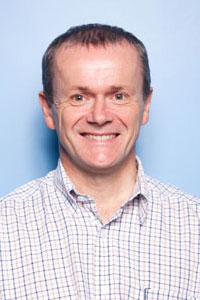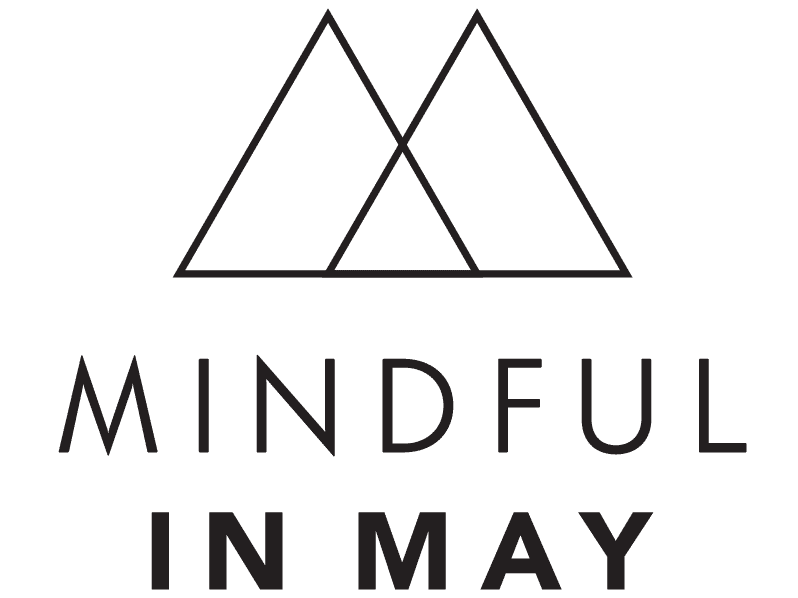Interview: Craig Hassed, Mindful doctor
Dr. Craig Hassed is a general practitioner and senior lecturer in the Monash University Department of General Practice where he has been teaching at both undergraduate and post-graduate levels since 1989. He has been instrumental in introducing a variety of innovations into medical education and practice with an emphasis on the application of holistic, integrative and mind-body medicine in medical practice, and reconnecting different knowledge systems, in a way which is grounded, balanced, scientifically valid and clinically effective. He is a regular speaker in Australia and internationally on these topics and is regularly invited to contribute to a variety of community and professional groups.
 1.What led you to meditation?
1.What led you to meditation?
For me, wishing to understand myself and the human condition better, I had a long-standing interest in the mind. The intention in going into medicine was to study psychiatry but I discovered that most of the focus in psychiatry was on psychoactive drugs and not the mind.
My personal interest in the mind was given a significant impetus through an important formative experience at the age of 19. At the time I was experiencing much of the angst that comes with being a teenager and a medical student, especially one who was feeling somewhat disillusioned with university studies and had no clear sense of direction in life. Wishing to be free of this burden, for some reason, the thought of meditation came to mind. Not knowing what it was, nor having read any books on the subject, the simplest thing I could think of was that meditation had something to do with sitting still and just observing without getting involved in what was under observation. So, with a beginner’s mind, I sat and observed for quite some time.
Perhaps this was a practice in choiceless awareness, or just being the unattached observer, but whatever it was, I was a different person when I got out of the chair, or perhaps it would be more accurate to say that I had a different perspective on the mind and body and my relationship to them as the impartial witness – which was no particular relationship. Underneath all that angst it was self-evidently true that I was completely whole and unaffected. That experience deeply sowed a seed for future life and work. What I learned in the chair that day, although I did not fully understand it, seemed to be the single most important and direct path one could take to self-understanding, health, and happiness. That seed germinated and I have dedicated my career to promoting to others what was so valuable to me.
2. What value has practising meditation brought to your life?
3. How has meditation supported you in your professional life?
4. What are the biggest obstacles to your practice?
5. What is a quote that most inspires you and why?
6. What is a book that has opened you to new ideas and inspired your growth and why?
7. What Mindful Music do you listen to (ie. music that grabs your full attention and brings you into the moment.)
8. Why are you being Mindful in May ?

"If we wish to be healthy, happy and clear-minded, we need to upgrade our “inner technology”of attention to meet the demands of our increasingly complex world. That's where mindfulness comes in.."
- DR ELISE BIALYLEW
about the HOST AND FOUNDER OF
MINDFUL IN MAY:
DR ELISE BIALYLEW
Elise Bialylew is the author of the bestselling book, The Happiness Plan, and founder of Mindful in May, the world’s largest online global mindfulness fundraising campaign.
A doctor trained in psychiatry, turned social entrepreneur and mindfulness expert, she’s passionate about supporting individuals and organisations to develop inner tools for greater wellbeing and flourishing, and offers workshops and training at The Mind Life Project.
Her work has been featured in the Huffington Post, New York Times and on Australian Television. She was recently recognised by the Australian Financial Review as a 2019 AFR Women of Influence.
Keep in touch with us
Sign up to access additional resources, mindfulness tips and to find out about upcoming events.
When you submit your email you are opting-in for our emails and relevant upcoming updates from Elise. You can unsubscribe any time.

